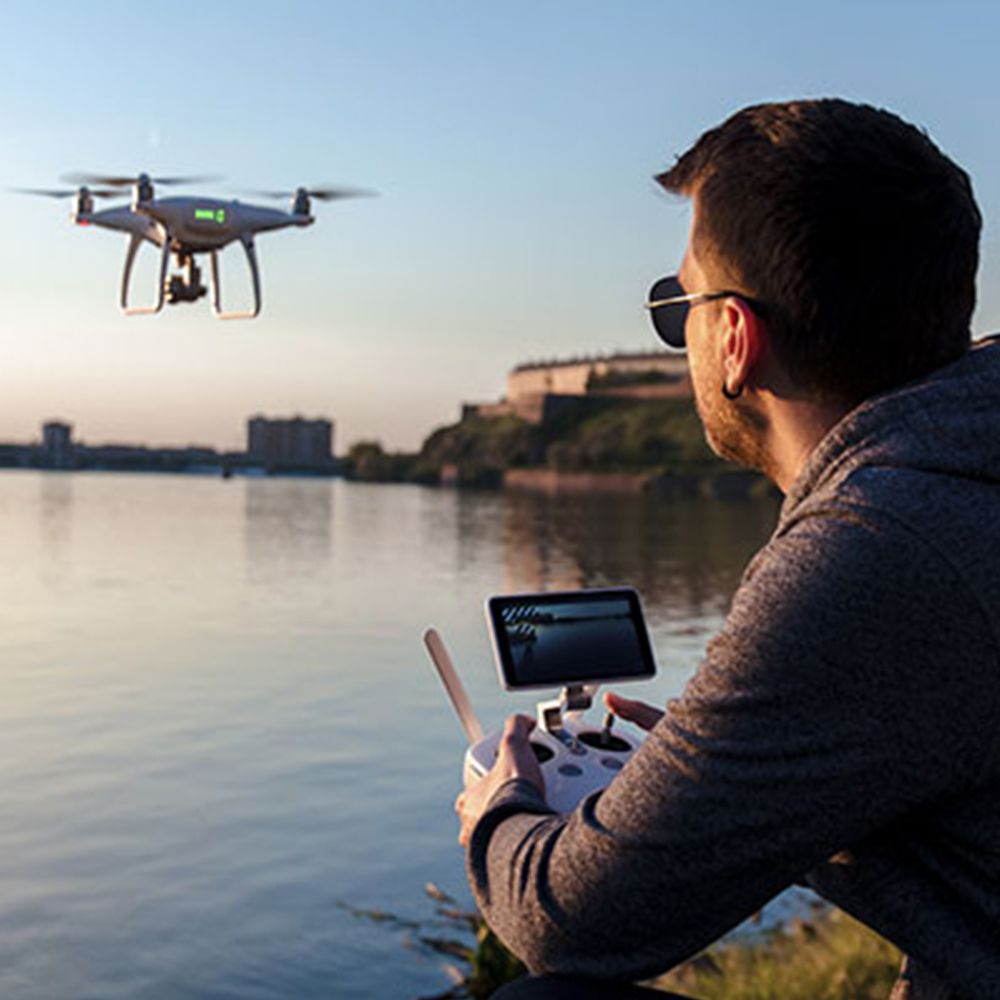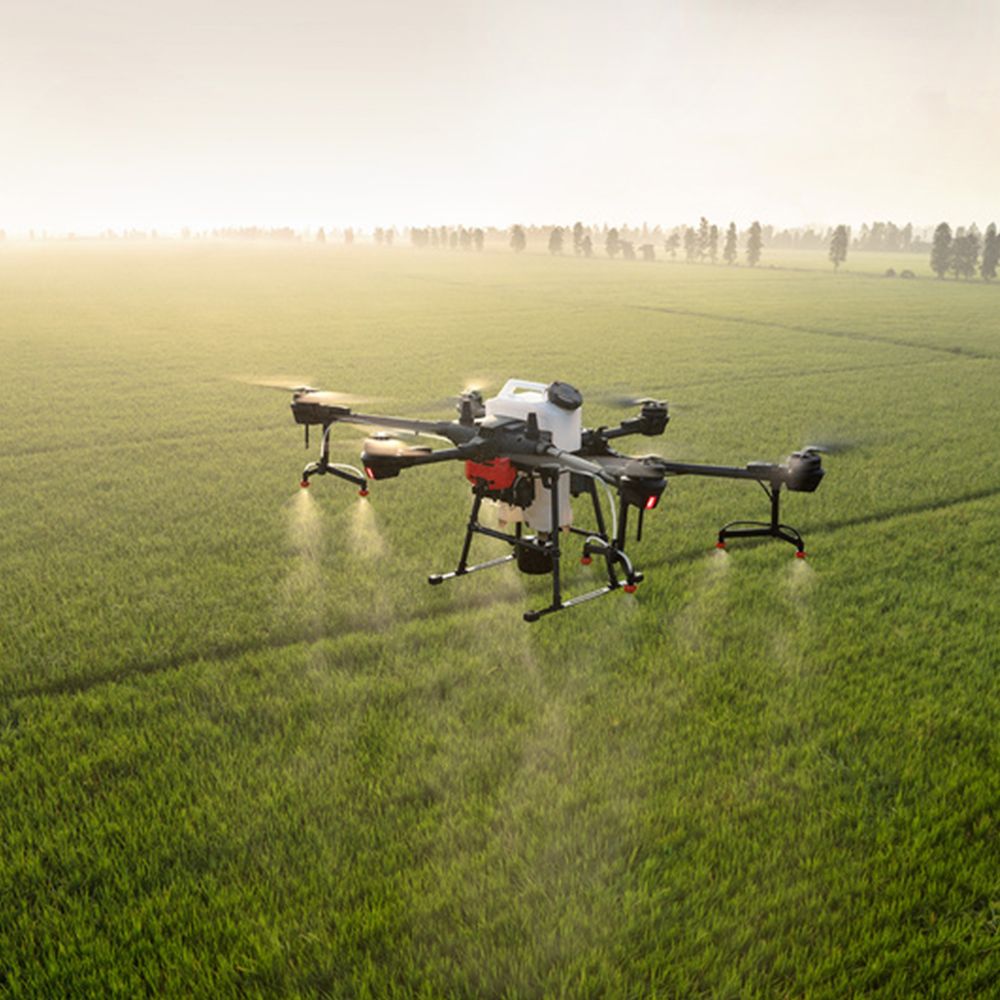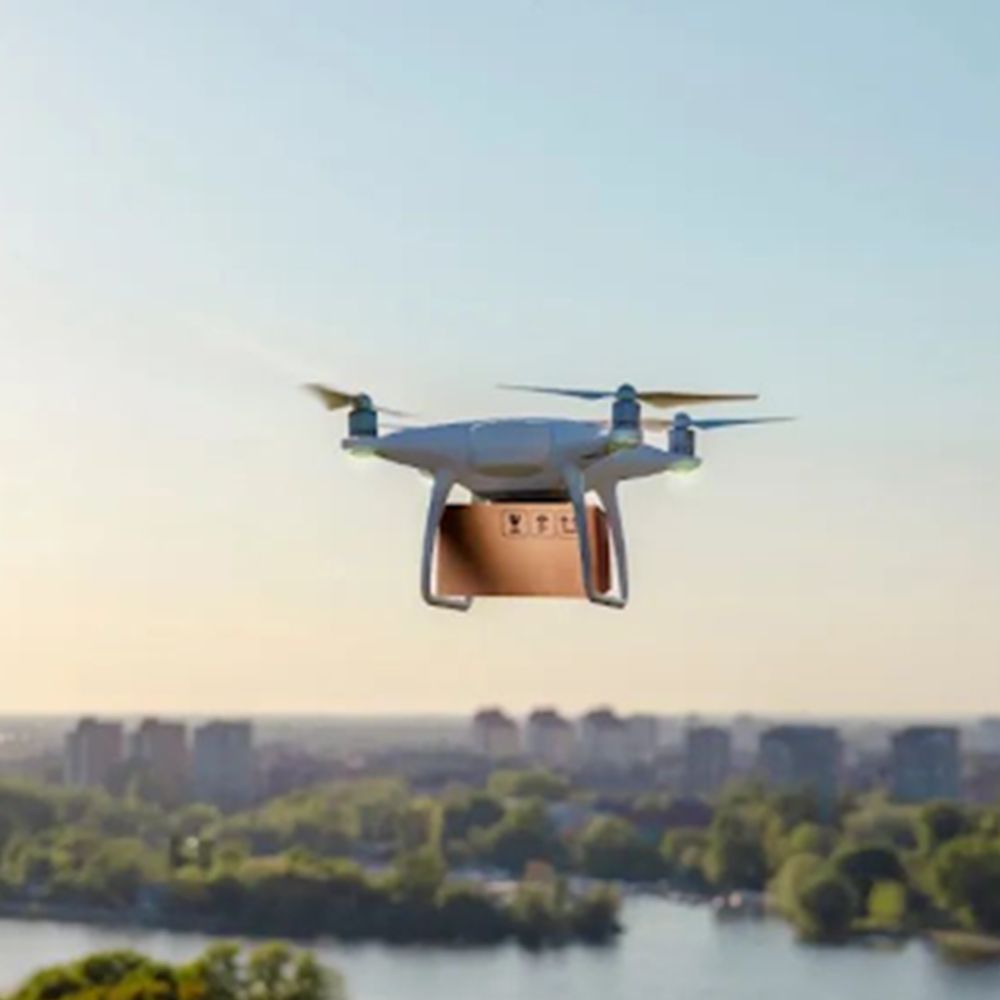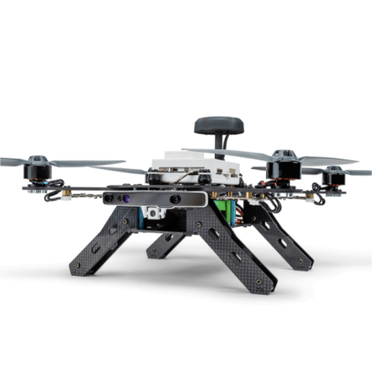In recent years, drones have become one of the most innovative tools in agriculture. They are revolutionizing farming by helping farmers monitor crops, improve efficiency, and optimize resource use. With advancements in technology, drones are now more accessible and capable than ever before, making them essential for modern agriculture. In this blog, we will explore the key benefits that drones bring to the agricultural sector.
- Crop Monitoring and Health Assessment

Drones equipped with high-resolution cameras and sensors can capture detailed images of crops. This technology allows farmers to assess crop health, identify pest infestations, and detect diseases early. Instead of manually inspecting large fields, which is time-consuming, drones can scan vast areas in minutes, providing real-time data that helps in decision-making. This results in better crop management and ultimately leads to higher yields.
2. Precision Farming
Drones allow for precision farming by enabling farmers to apply water, fertilizers, and pesticides exactly where they are needed. This targeted approach reduces waste and ensures that resources are used efficiently. By using drones equipped with thermal sensors and multispectral imaging, farmers can analyze soil conditions and plant health, which helps optimize irrigation and input applications. Precision farming not only increases productivity but also reduces environmental impact.
3. Cost and Time Efficiency
One of the most significant advantages of using drones is the reduction of labor costs and time spent on manual tasks. Traditional methods of crop monitoring and spraying often require significant manpower and time. Drones can cover large fields in a fraction of the time and with fewer workers. Additionally, drones can reach difficult-to-access areas, such as steep hillsides, where traditional equipment may struggle. This efficiency translates into cost savings for farmers and allows them to focus on other critical aspects of farm management.
4. Environmental Sustainability

By enabling precision agriculture, drones contribute to environmental sustainability. With accurate data, farmers can minimize the use of harmful chemicals and reduce over-irrigation. This not only protects the soil and water resources but also promotes biodiversity by limiting the use of pesticides. As a result, drones help promote more eco-friendly farming practices, which are becoming increasingly important in today’s agricultural landscape.
5. Data-Driven Decision Making
Drones provide farmers with valuable data, allowing them to make informed decisions about crop management. By collecting and analyzing data on plant health, soil quality, and weather conditions, farmers can predict crop outcomes and adjust their strategies accordingly. This data-driven approach helps reduce risks, improves yields, and ensures more efficient farm operations.

In conclusion, drones are proving to be an indispensable tool in modern agriculture. Their ability to monitor crops, enhance efficiency, and promote sustainability makes them an asset for farmers worldwide. As drone technology continues to advance, their role in the agricultural sector is expected to grow, offering even more possibilities for innovation and productivity.





